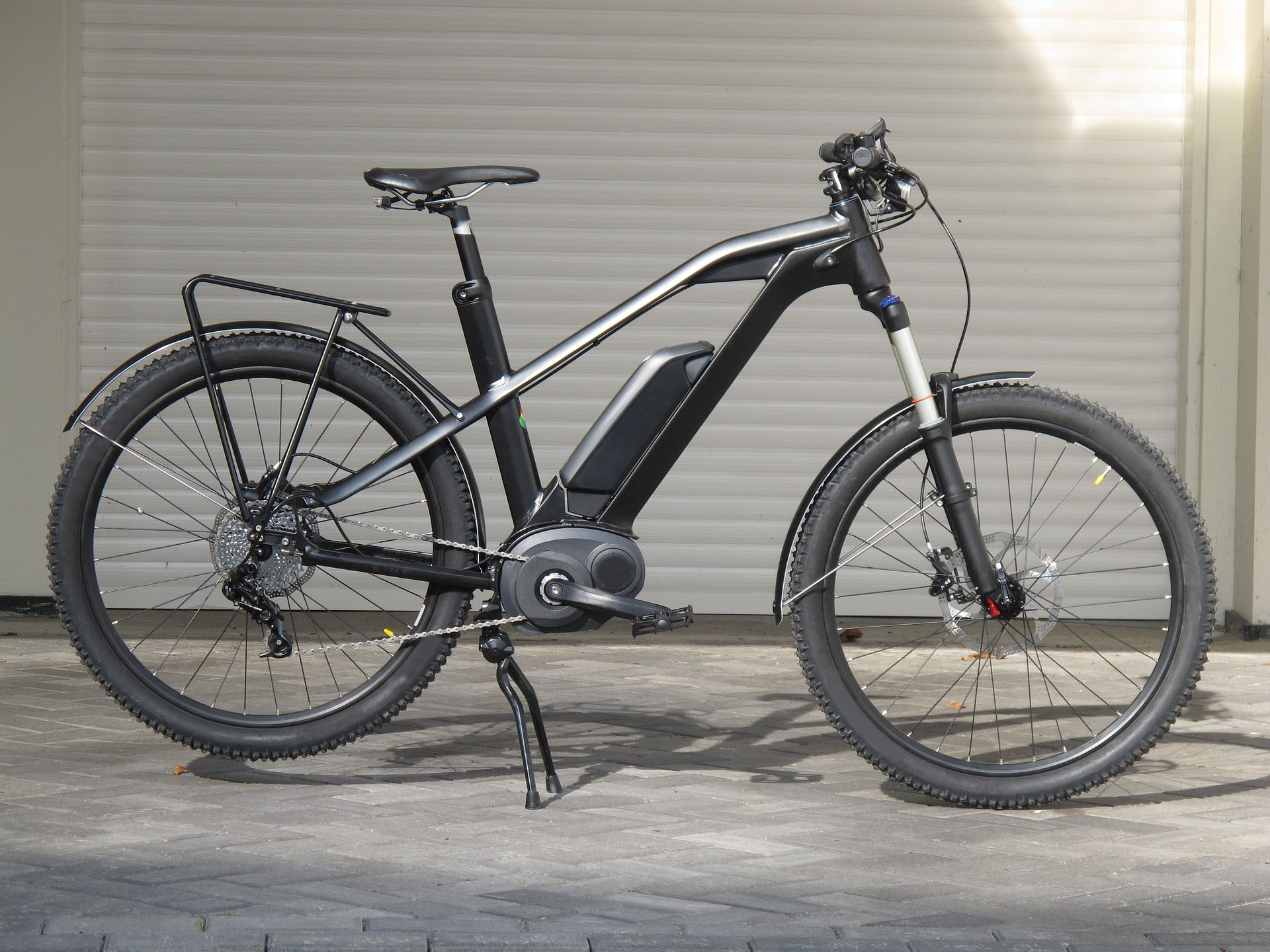NYC Council Passes New Lithium-Ion Battery Safety-Related Laws
Overview
New York City is experiencing a surge in private ownership of transportation devices (bikes, scooters, etc.) that utilize lithium-ion batteries. Because of that, there has been an alarming trend in fires related to the improper use, storage, and charging of the batteries.
Users should know what regulations pertain to devices that use lithium-ion batteries in storage and how responsible owners can mitigate the potential for fires.
Battery failure is the leading cause of fires. Generally, they fail due to thermal abuse, mechanical abuse, electrical abuse, poor design, internal cell faults, and low-quality components.
The heat in these batteries builds up and can cause a thermal runaway. The battery packs, when they fail, shoot cells as far as 60 feet and can result in multiple fires. Last year there were 220 fires caused by defective e-bikes in NYC. In December 2022, a call was put out to establish safety standards. The New York City Council has signed five bills into law to address this issue.
The new laws:
- Restrict the sale, lease, and rental of micro-mobility devices that do not have a recognized safety standard certification. This certification is done by Underwriters Laboratories (UL). The certification must appear on the packaging or documentation, or on the vehicle or battery itself, to aid in enforcement. An additional bill is being considered to create a battery swap program for all New Yorkers.
- Require the Fire Department of New York (FDNY) to submit reports for five years related to the fire risk of micro-mobility devices. As the use of lithium-ion batteries increases, this will help the FDNY understand the risks and be better prepared to respond to the incidents.
- Require the FDNY to develop an information campaign on the risks posed by micro-mobility devices. The campaign will include guidance on how to identify safe products and best management practices for maintenance, storage, and charging.
- Restrict the assembly and reconditioning of lithium-ion batteries with cells removed from used batteries. Opportunities will be created to exchange dangerous batteries for safe ones, offer free battery disposal, and provide safe places to charge.
- Require the Department of Consumer and Worker Protection (DCWP) to develop and publish educational materials on the safety risks of e-bikes and mitigation measures for delivery workers. It will also require third-party delivery apps (i.e., Uber Eats) to distribute these materials to their workers.
All of these measures are at the local level and the NYC Council is urging the federal government to take an active role in regulating these devices.
Walden’s next installment on this topic will review what the end user can do to mitigate the fire potential and how these fires can be extinguished.
Walden can provide more information on this topic. If you have any questions on how to handle lithium-ion battery concerns, please contact us at 516-559-6976.

Image by firebladeguy from Pixabay
To learn more, read Walden’s previous post on lithium-ion battery safety or contact us at 516-559-6976.
